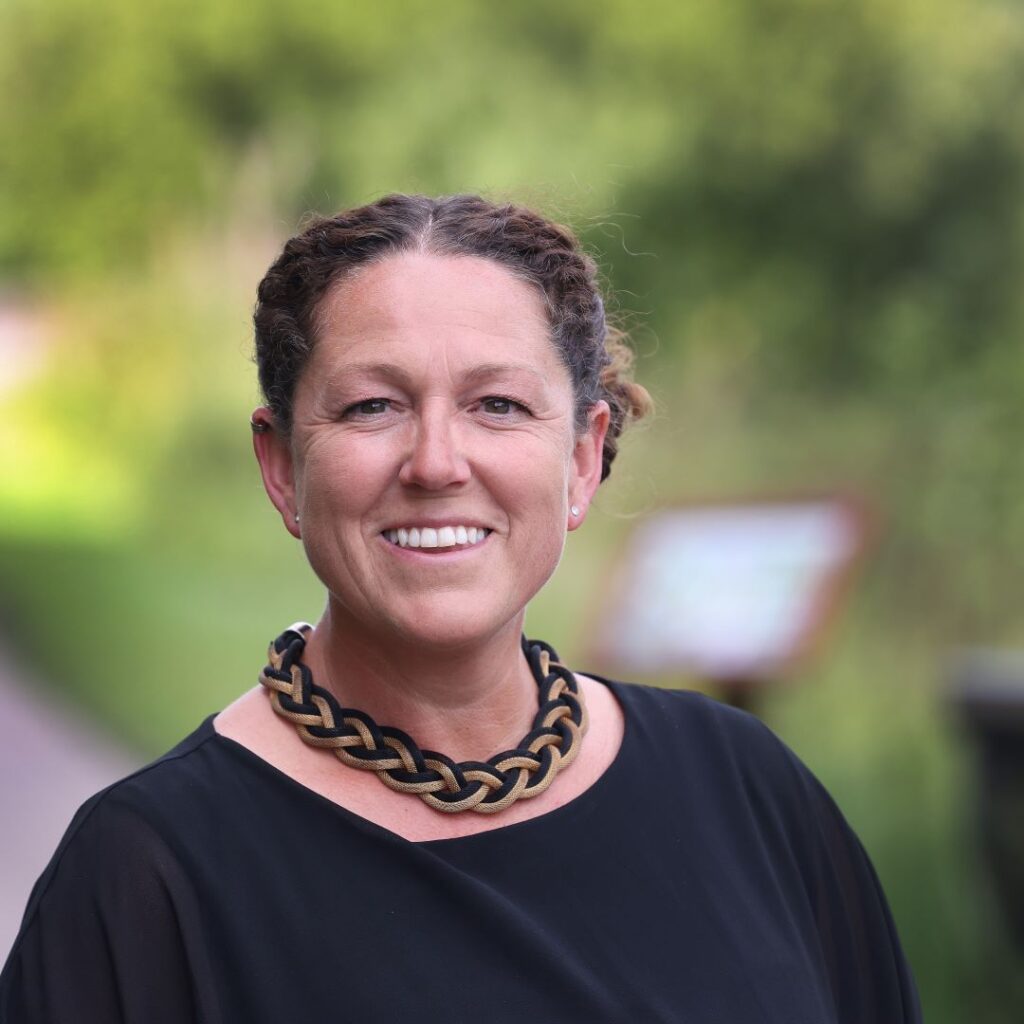
Lucy Bray, Professor of Child Health Literacy, School of Nursing, Midwifery and Allied Health.
What are your current areas of expertise or research interest?
My current interests are children’s involvement in their health, and how health care interactions which emphasise the important role of information, education, and empowerment support children’s health.
How long have you worked within academia?
I started at Edge Hill University 20 years ago in a shared role between Alder Hey Children’s Hospital and Edge Hill.
What is it about academia that appealed to you?
I’ve always been interested in research, developing evidence and a curiosity to learn more. I undertook my master’s degree while working as a children’s nurse in clinical practice. I saw the job advert for a research practitioner role at Edge Hill and applied. Up until this point I was still not sure I knew what an academic career was. What I did see was a chance to undertake research and improve the care and experiences of children and families in health care. I feel very privileged to get to do something I love every day!
What Knowledge Exchange activities do you currently engage in?
I currently lead the ISupport International collaboration, which consists of 50 members from 32 institutions around the world. We’ve worked collaboratively over the last two years to develop the ISupport Rights-based standards for children having a test, treatment, examination, or intervention. This involved a three-phase development project where we spoke or gained the views and perspectives of 203 children and young people, 78 parents and 418 multi-disciplinary professionals. These views and opinions have directly informed the development of the standards which define good procedural practice.
Which organisations have you worked with in knowledge exchange activities?
We’ve worked with multiple organisations such as Children’s Health Ireland, Alder Hey Children’s NHS Foundation Trust, Sefton Council, and charitable organisations such as the Patient Information Forum.
Why do you engage in Knowledge Exchange?
Knowledge Exchange, Consultation and Learning Events are all essential to make sure the work we’re doing meets the needs and priorities of the children, young people, and families who we’re working with. Carrying out activities can benefit researchers, as we learn how to improve our research and ensure it continually focuses on children, families, and communities. Through engaging with KE, it makes sure our work fulfils its aims and has impact on individuals, institutions, and policymakers. This ensures the work we carry out is done in a meaningful way with children, young people and families, and this will empower them to know that their voices are being heard and are shaping research-informed practice.
What’s next?
I’m keen to build stronger relationships with schools and education providers as this would be a great place to take the conversation about children’s rights in health care and to improve their health care interactions and procedures. Also, I’ve begun developing work on the critical understanding of topics such as the use of holding and restraint of children for health care interventions. I’m keen to see this expand and to create the desperately needed evidence within clinical practice.
October 9, 2023



